Luxembourg Open Science Forum
A Forum, a quest, a policy.Those were the three words that characterised the week of 12 to 16 November 2018 in Luxembourg. Three days of seminars, debates and workshops, with speakers invited from across Europe, allowed attendants to explore ways of making research more visible, transparent and efficient. Ahead of the Forum, CEOs and stakeholders met to discuss a national plan for Open Science. And, for a week, library users were challenged to take on the Open Science Quest, an activity to discover Open Science practices at their own pace.
National Plan for Open Science
On 12 November 2018, Luxembourg stakeholders including the CEOs of all the public research institutions, the national funder and the national library gathered with researchers and experts to discuss a National Plan for Open Science. Chaired by OpenAIRE, the aim of the meeting was to agree on the creation of a working group that will define the guidelines and details of a Luxembourg-wide plan for Open Science, with the goal to implement it by 2020.
A consensus over five core principles will provide the baseline framework for the working group: Open Access to scholarly publications, structuring data through Data Management Plans, developing the necessary infrastructure, making adjustments on how research proposals and researchers are evaluated and raising awareness and providing the necessary training and education to researchers and research support staff.
Luxembourg’s research actors attach great importance to the impact of research outputs on science, industry, policy making and society in general. And this first meeting was a promising next step in maximising the possibilities for impact, transparency and reproducibility of Luxembourg’s research outputs.
Open Science Forum
From 14 to 16 November 2018, researchers, research support staff and librarians were invited to take part in three days of learning, debating and practising ways to make research more visible, transparent, efficient and reproducible. Within the premises of the recently-opened Luxembourg Learning Centre, the Luxembourg Open Science Forum gathered 18 speakers from across Europe (Germany, Austria, UK, Belgium, Greece, Czech Republic, Luxembourg) and consisted of 20 sessions, including nine talks, eight workshops and three debates. Attendants were free to tailor their experience by attending only a few sessions or plan their three-day roadmap (see programme).
Attendants got a full-day training in research data management (with a dedicated workshop for the humanities), watched the movie “Paywall: The Business of Scholarship”, learned about open licences, intellectual property rights and scholarly publication – including a talk about Plan S from Marc Schiltz, the president of Science Europe – and debated about the current and future of academic publishing, the research evaluation and gender issues in Open Science. Participants were also introduced to Open Science tools and had a chance to create an ORCID, get training on Zotero and discover the data anonymisation tool AMNESIA and the scholarly visual interface tool OpenKnowledgeMaps.
This OpenAIRE event was supported by the FNR, FOSTER and the University of Luxembourg. The speakers included: Simon Audigier (University of Luxembourg), Katrina Bramstedt (LARI), Helena Burg (FNR), Jean-Marie Carlig (University of Luxembourg), Stephen Cawley (Figshare), Onur Emul (IPIL), Jonathan England (OpenAIRE, University of Luxembourg), Gwen Franck (EIFL), Christopher Kittel (OpenKnowledgeMaps), Jochen Klar (University of Potsdam), Marcela Linková (
All presentations and materials presented at the Open Science Forum are available on the Zenodo ‘LuxOSF’ community.
More on the Open Science Quest at https://www.openaire.eu/blogs/open-science-quest
When you subscribe to the blog, we will send you an e-mail when there are new updates on the site so you wouldn't miss them.
About the author

funding from the European
Union's Horizon 2020 Research and
Innovation programme under Grant
Agreement No. 777541.

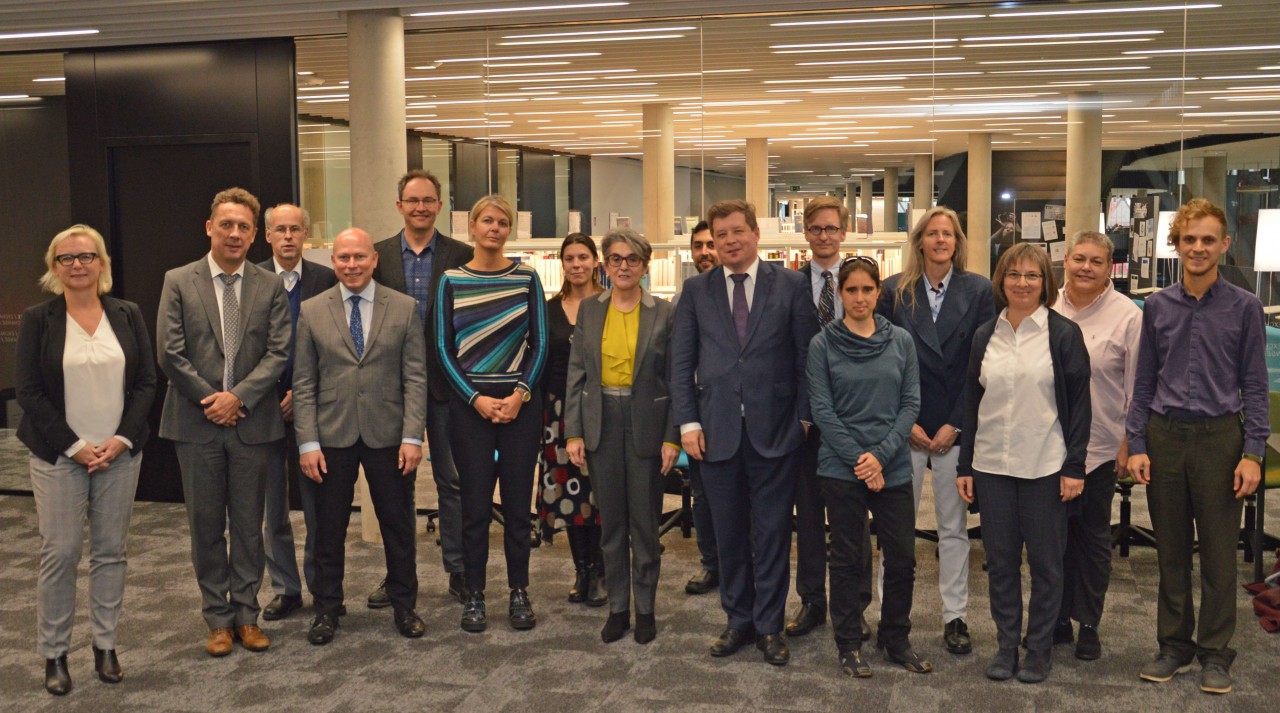
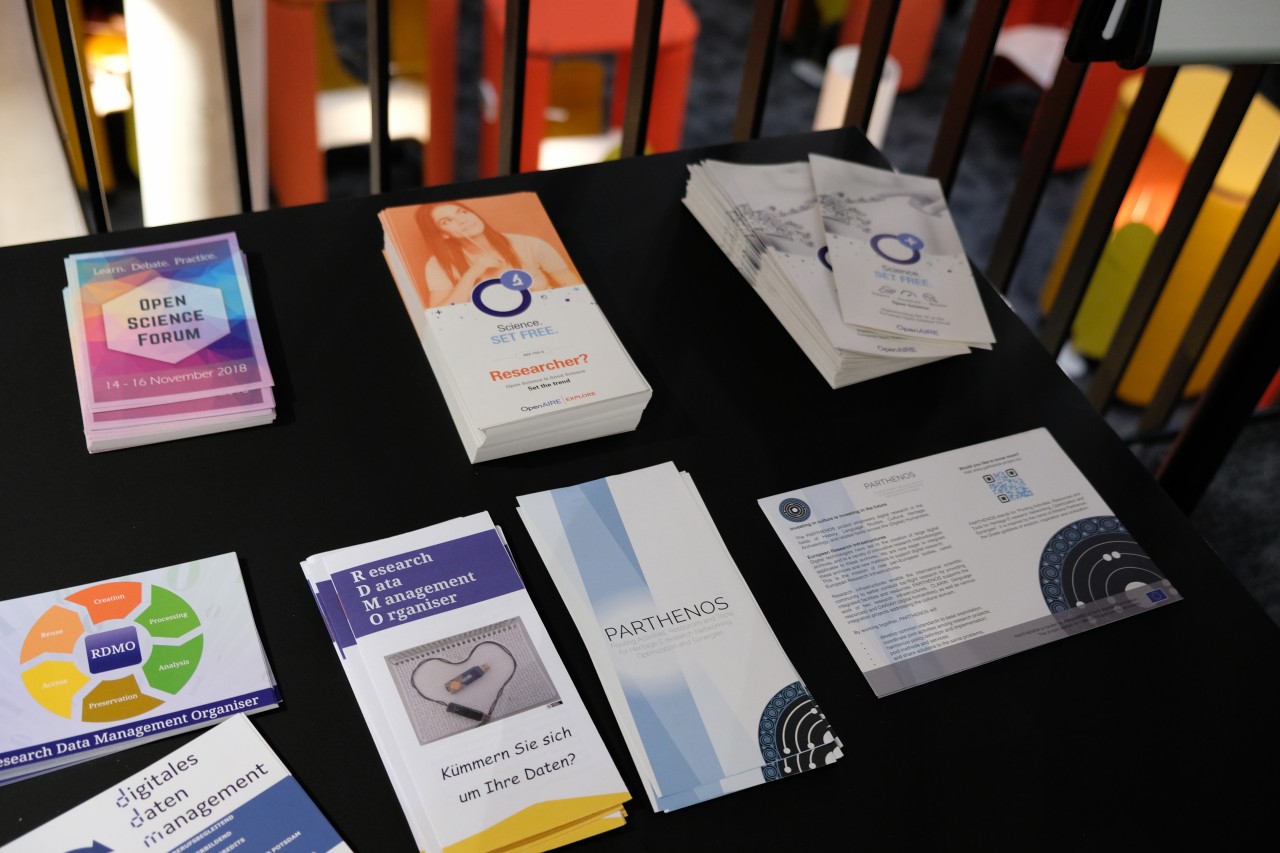
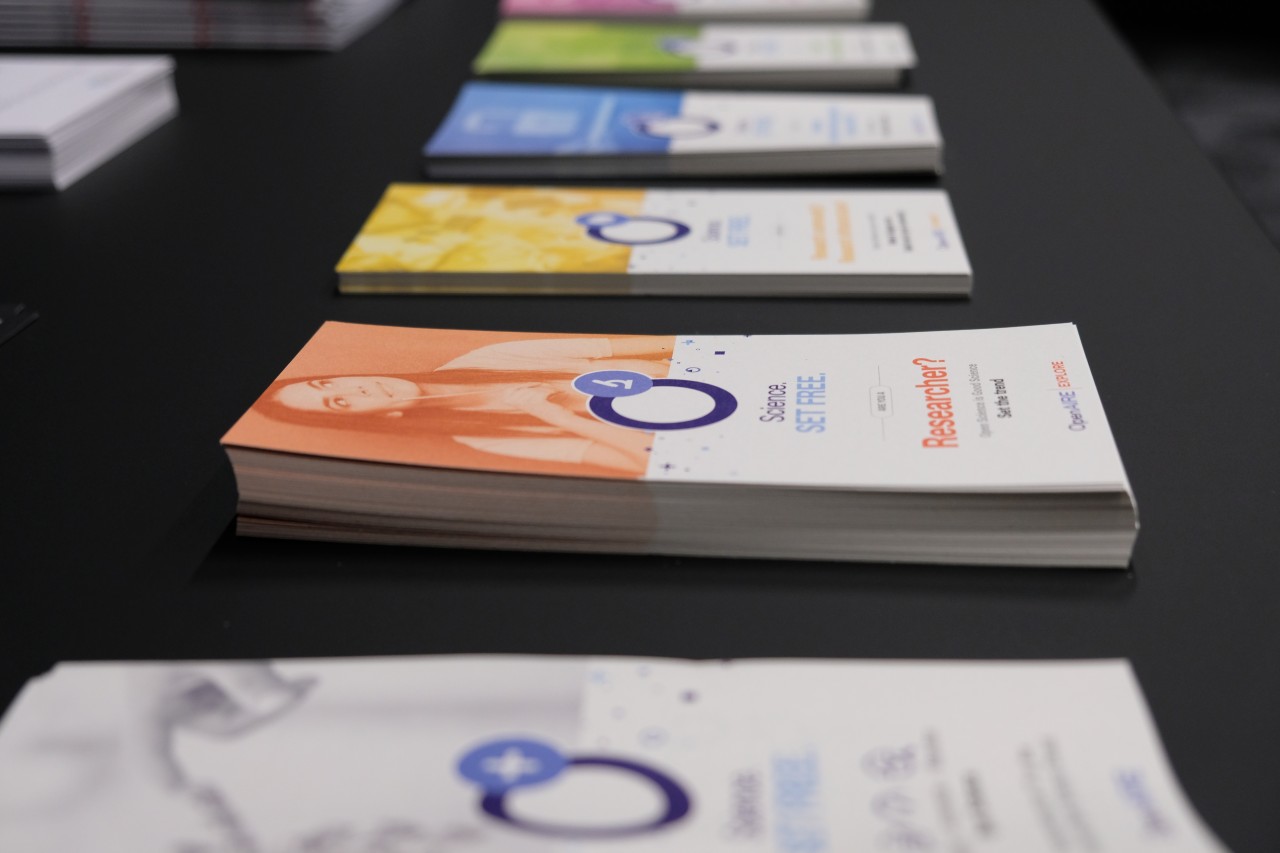
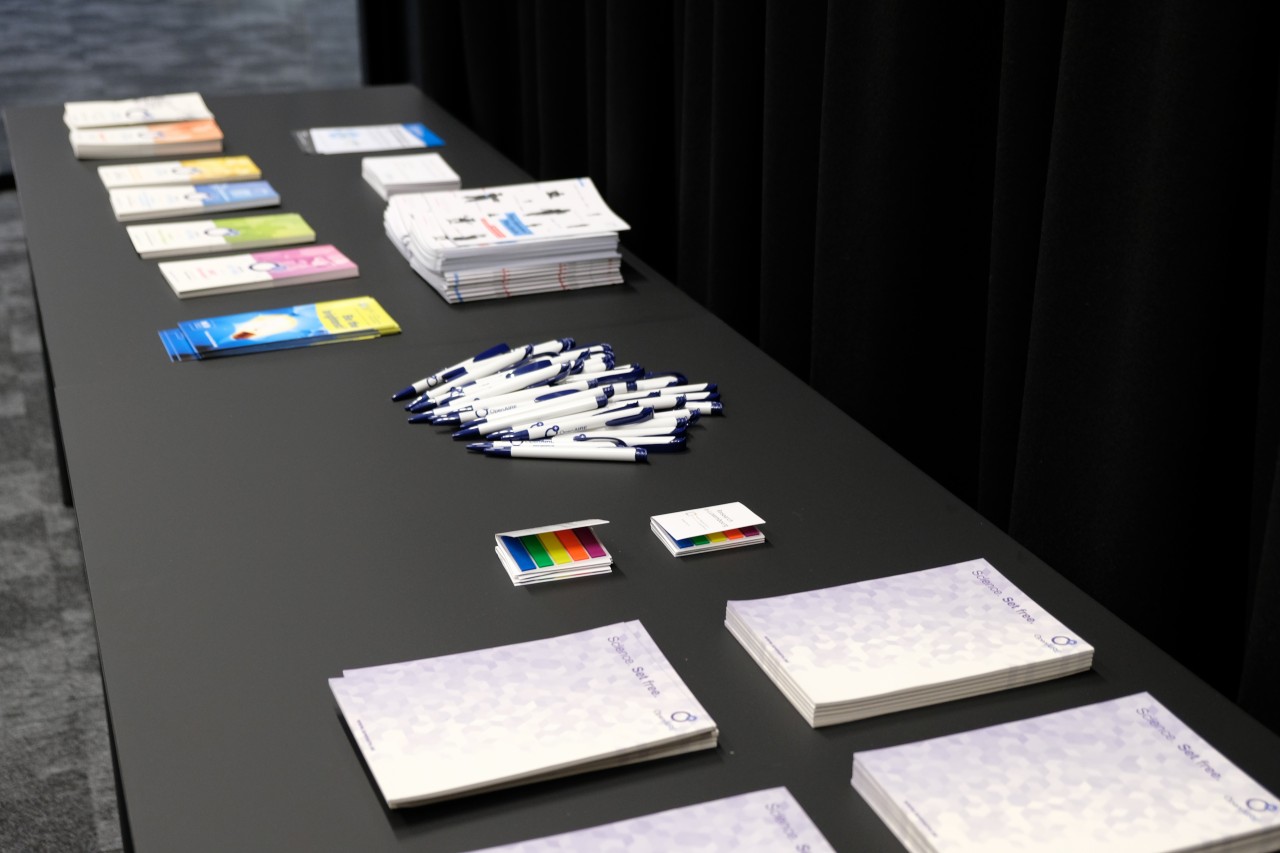
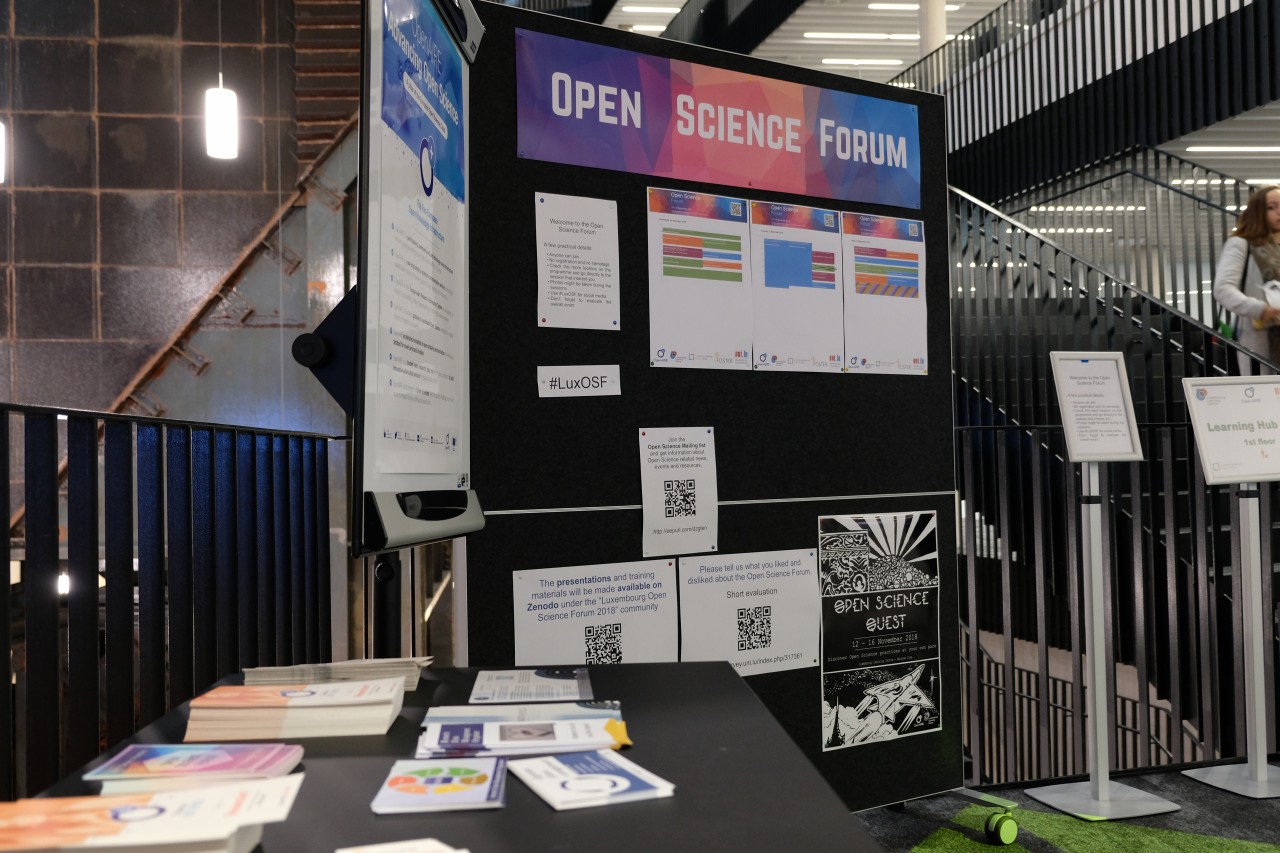
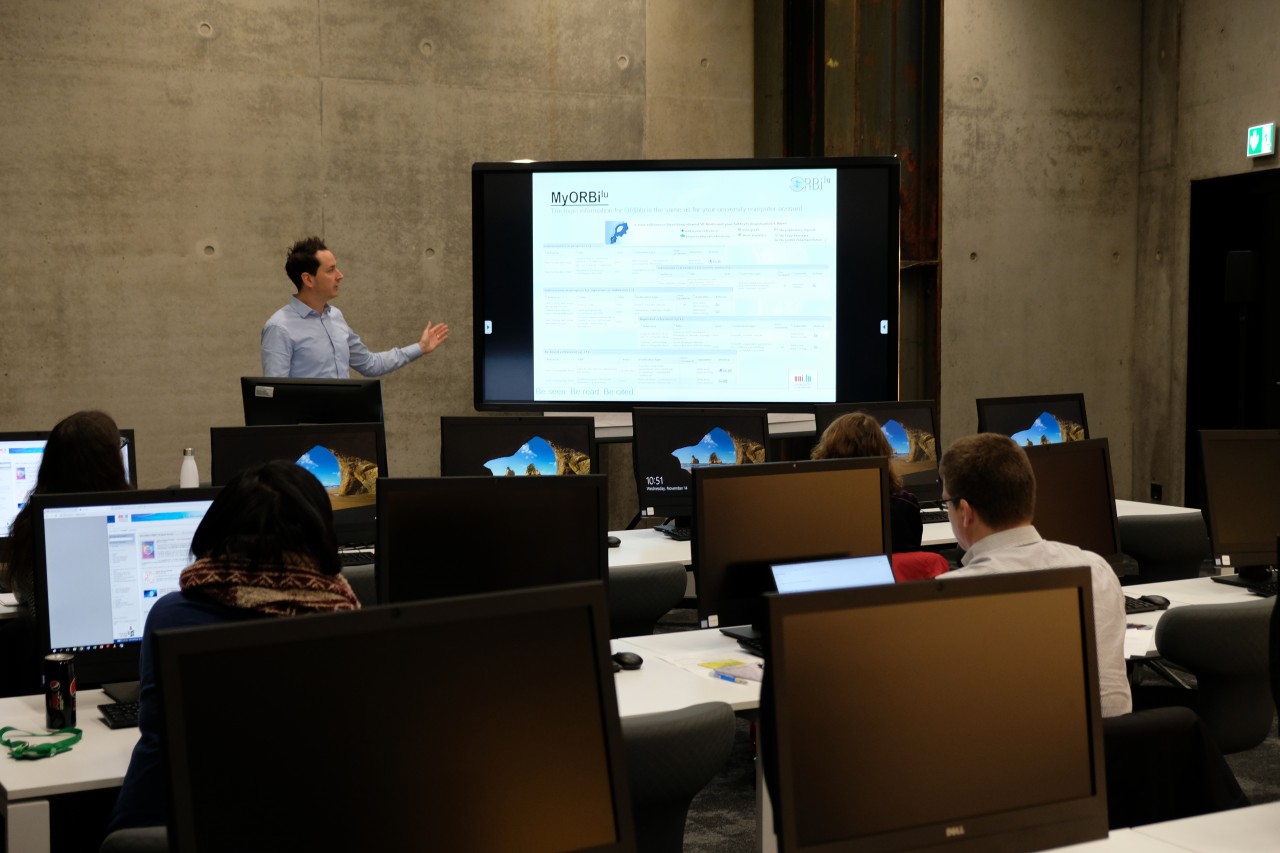
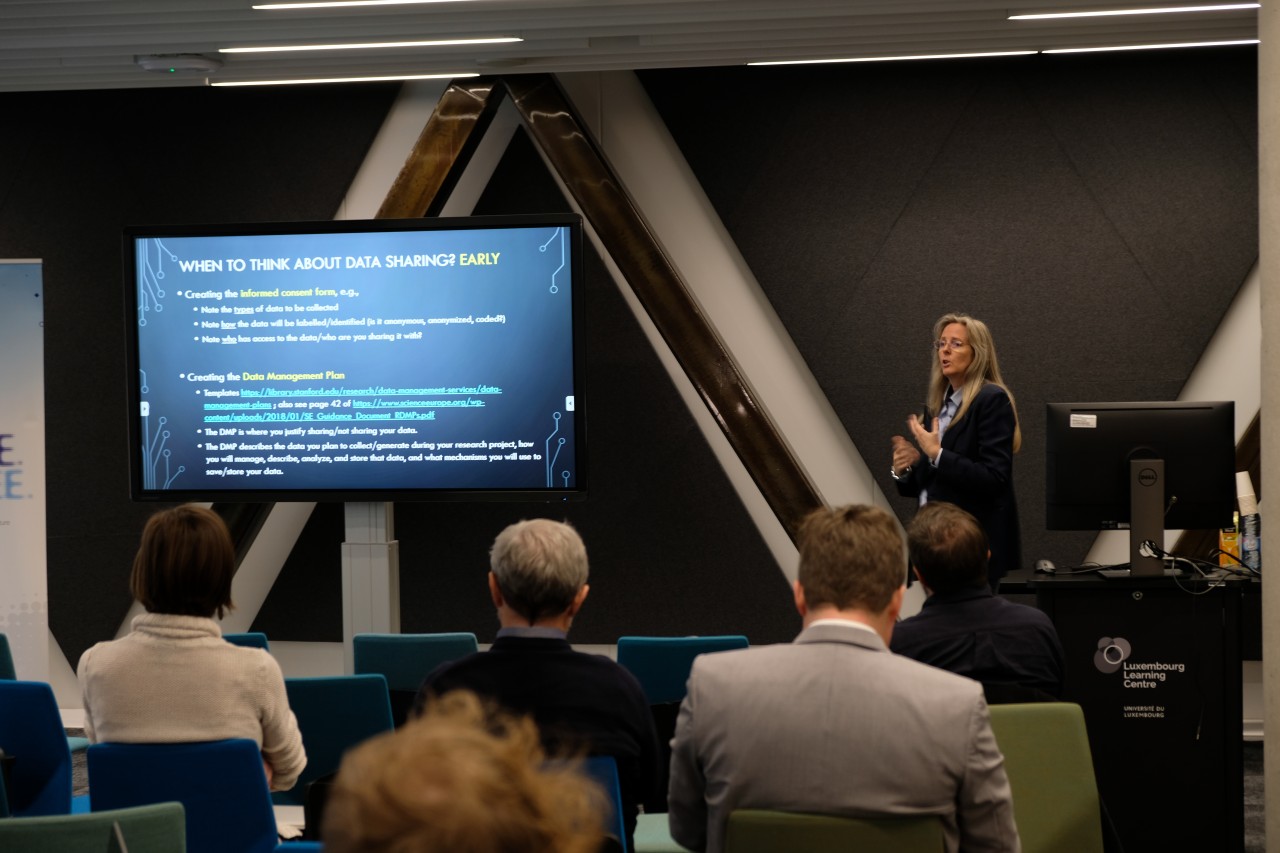
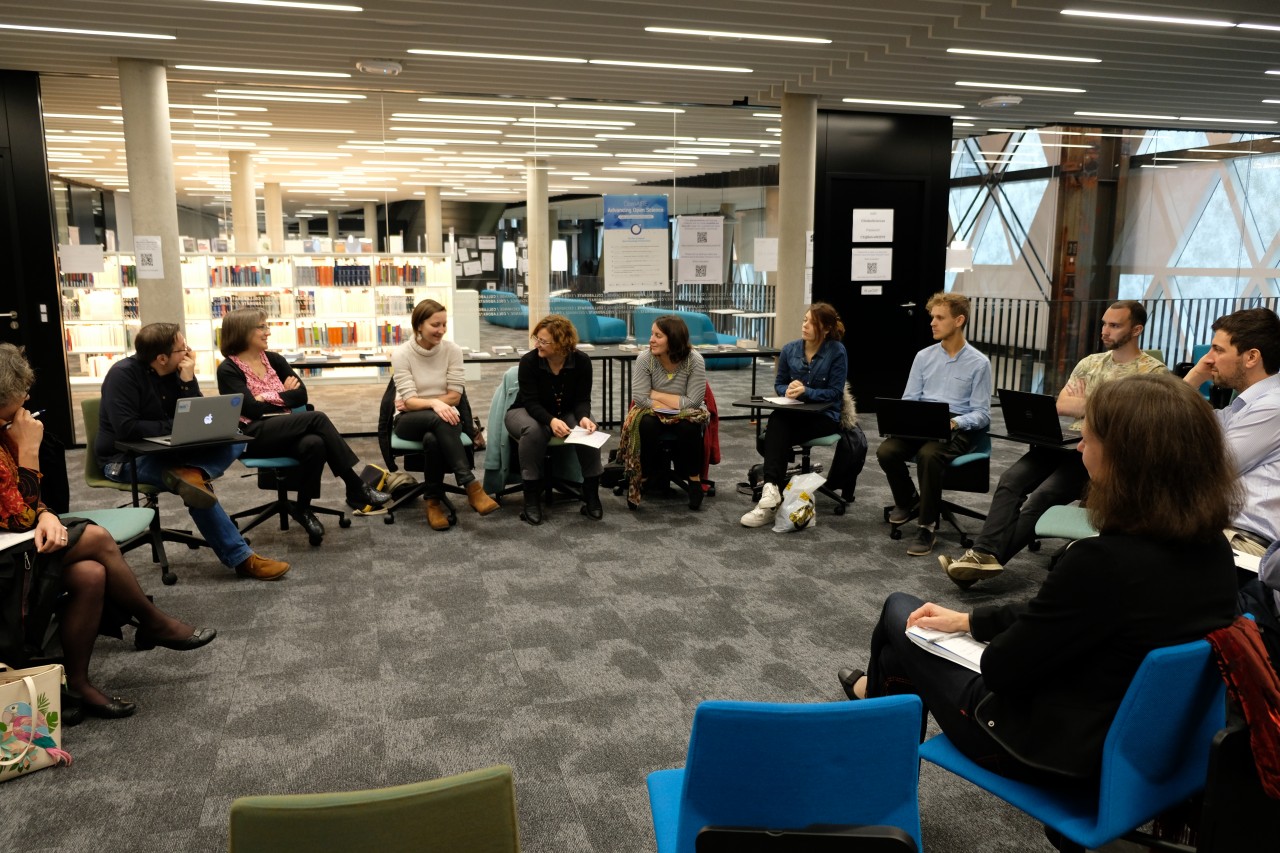
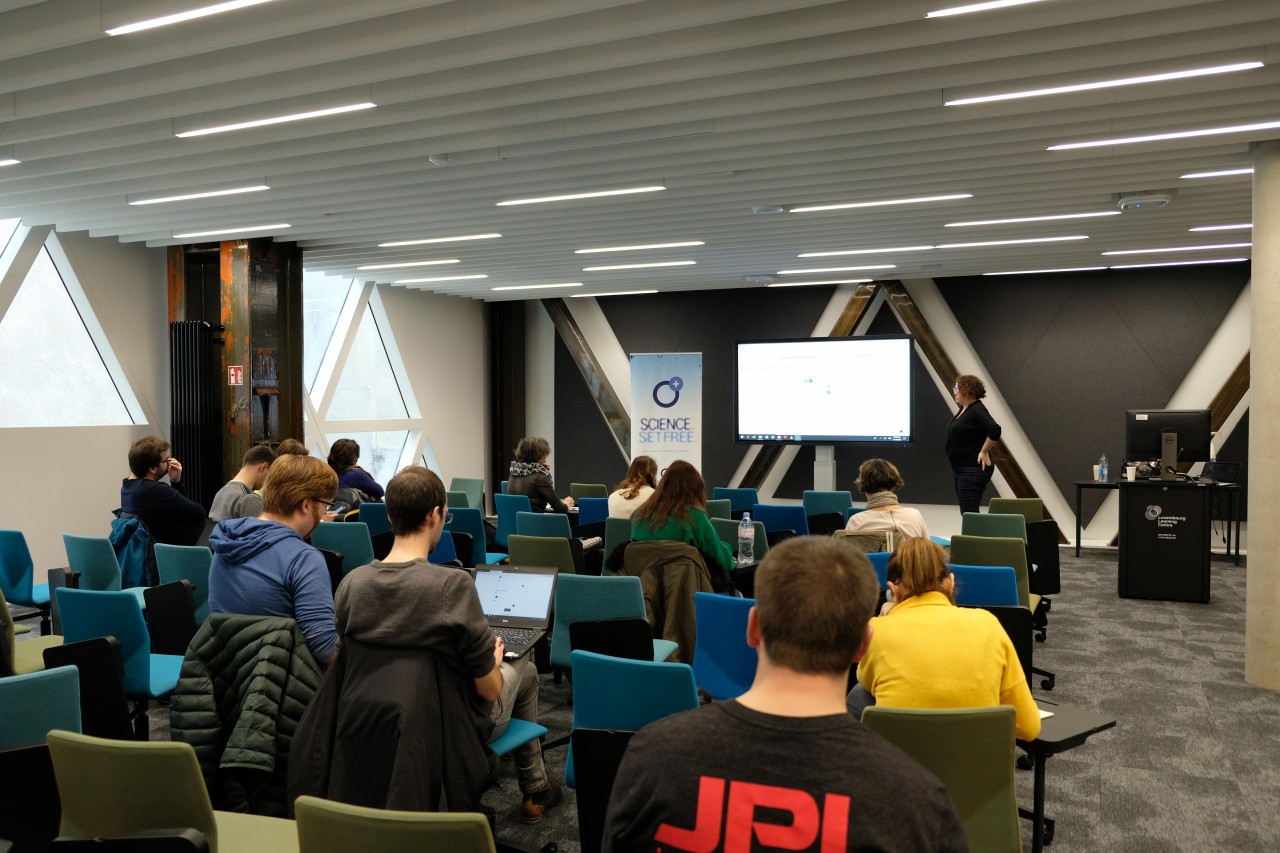
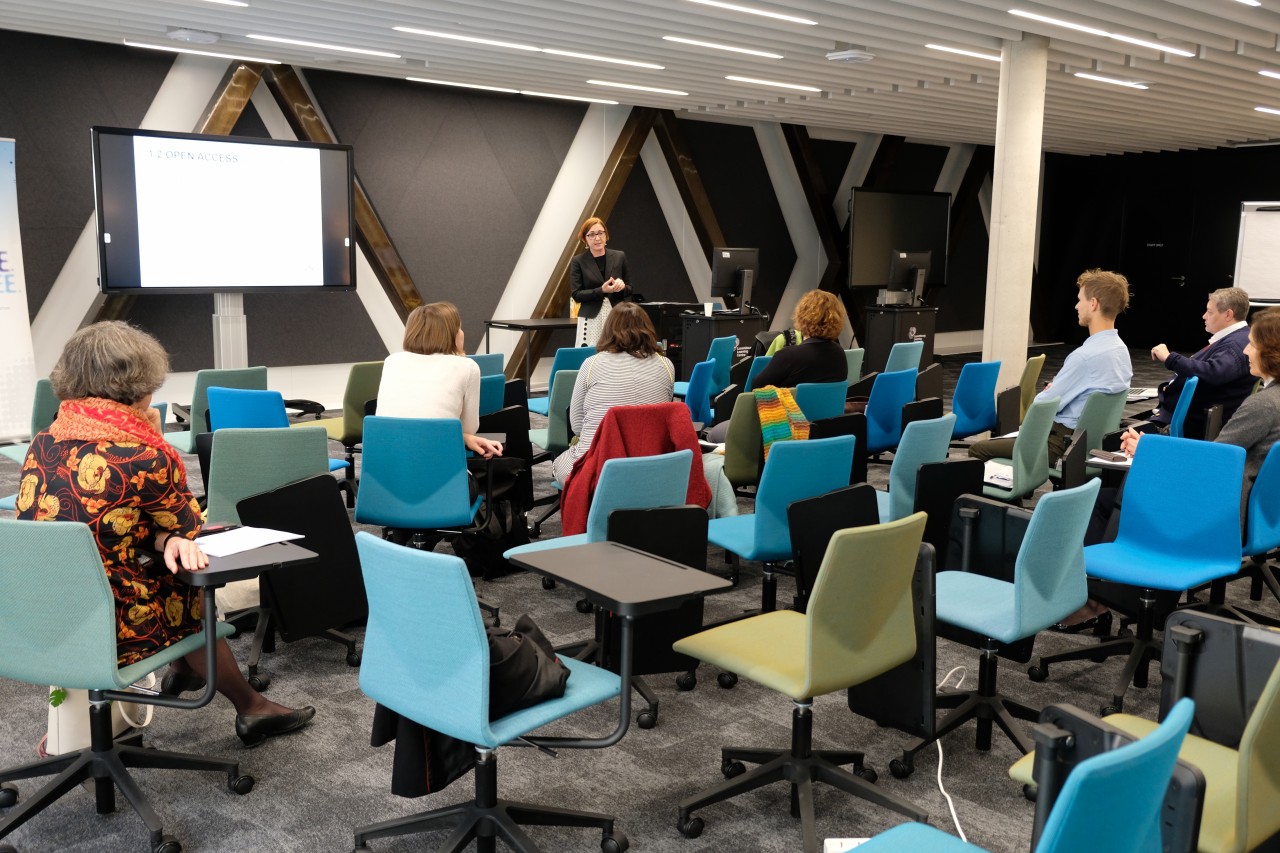
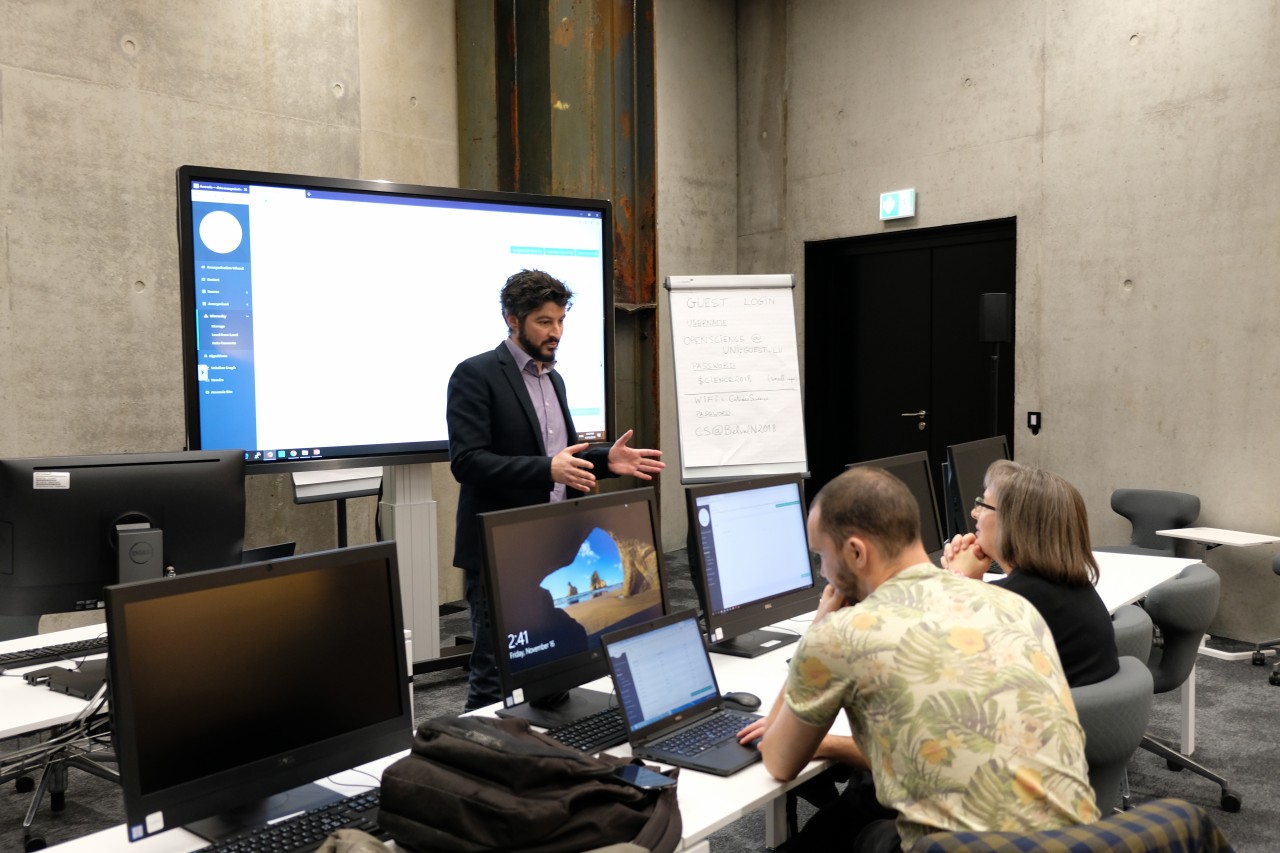
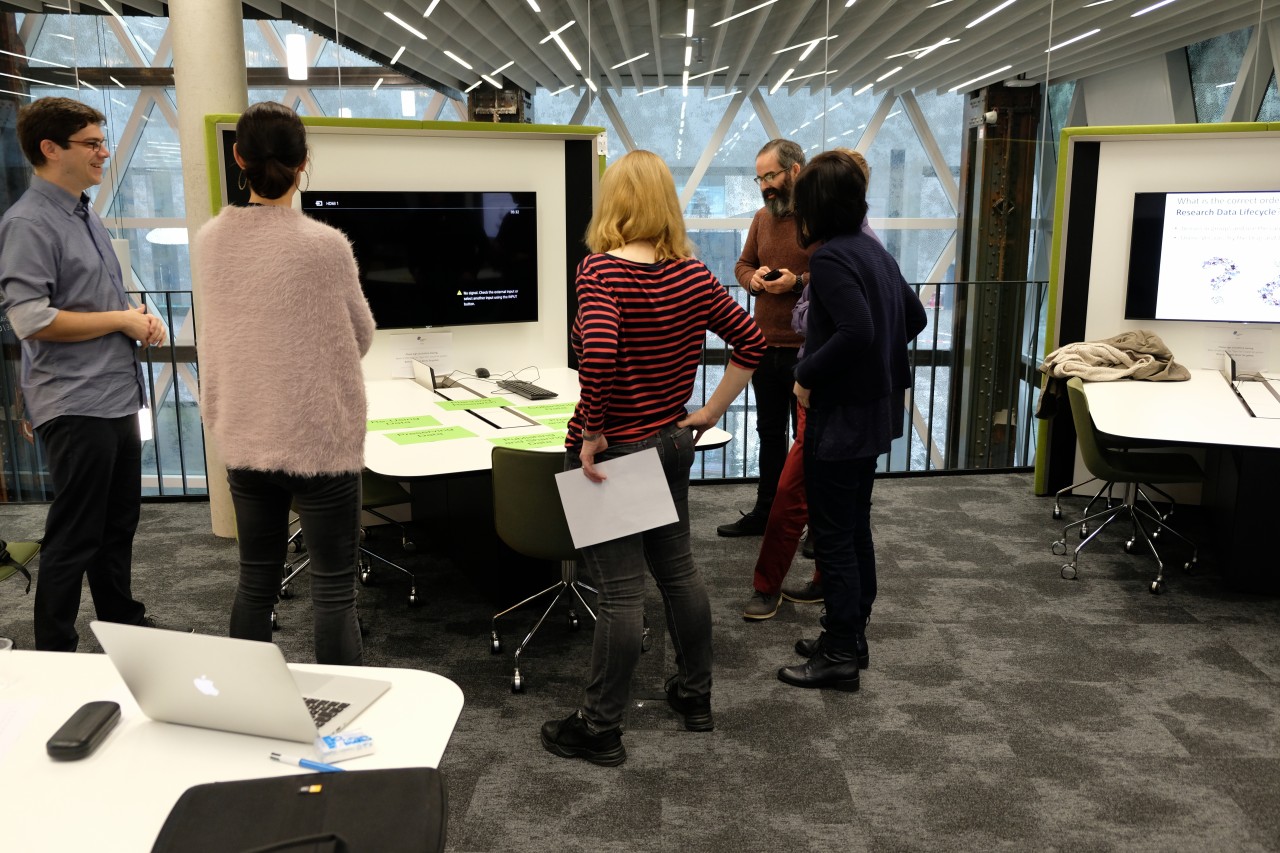
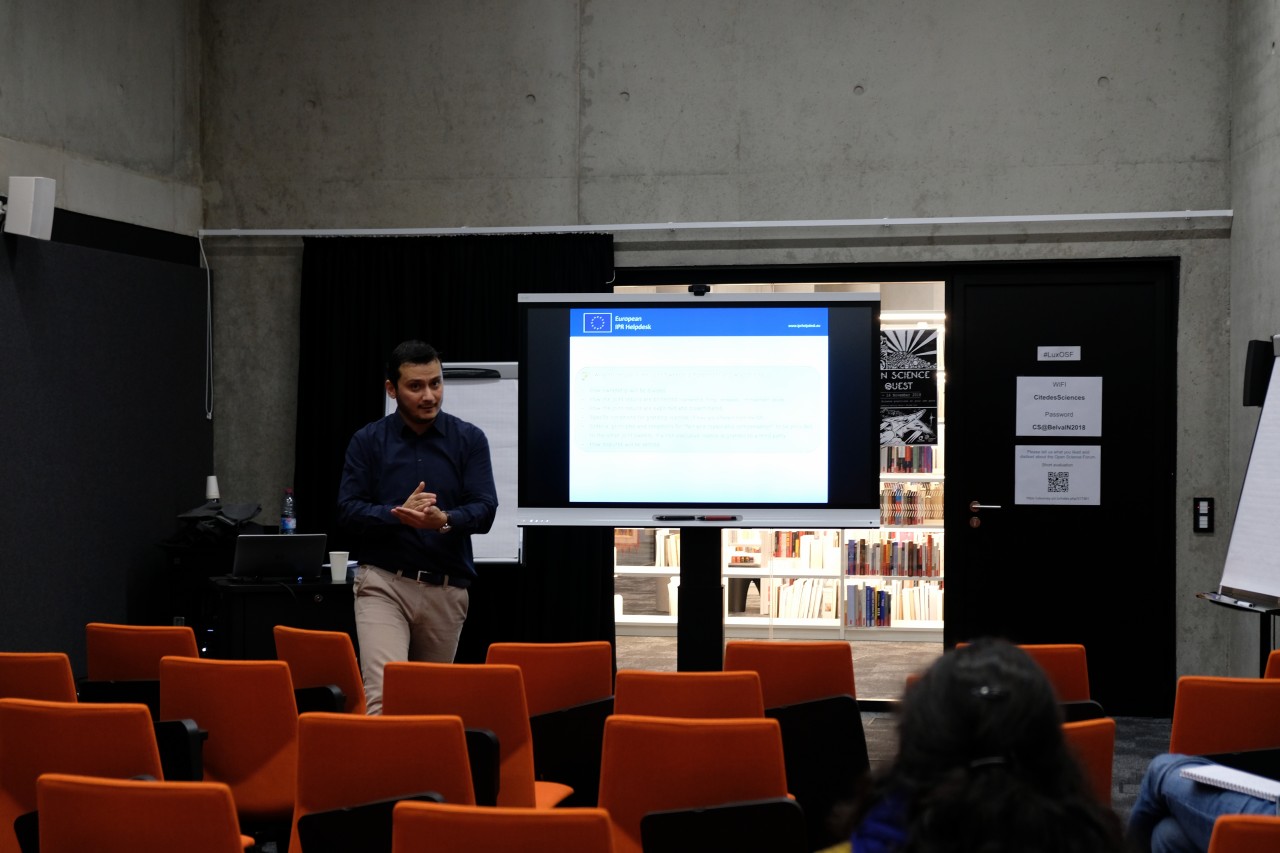
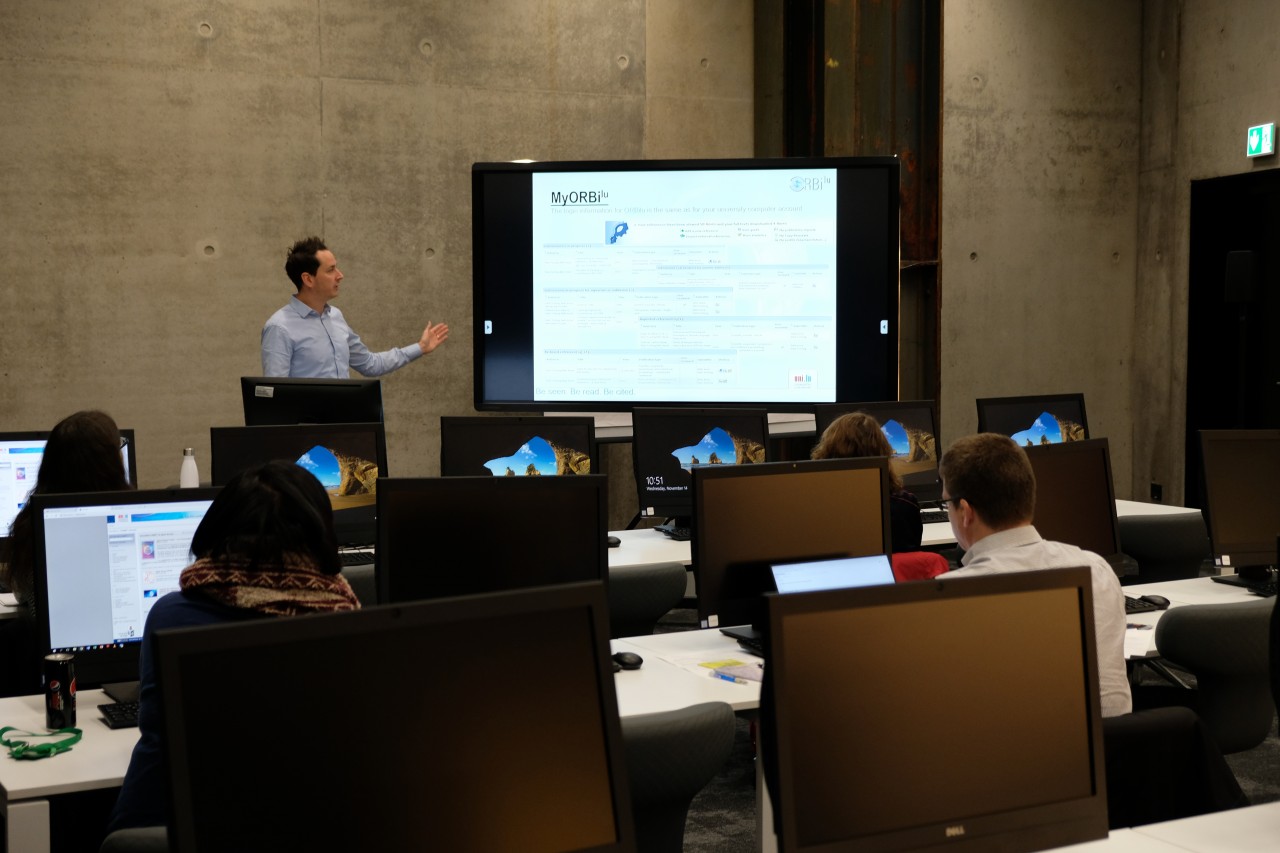
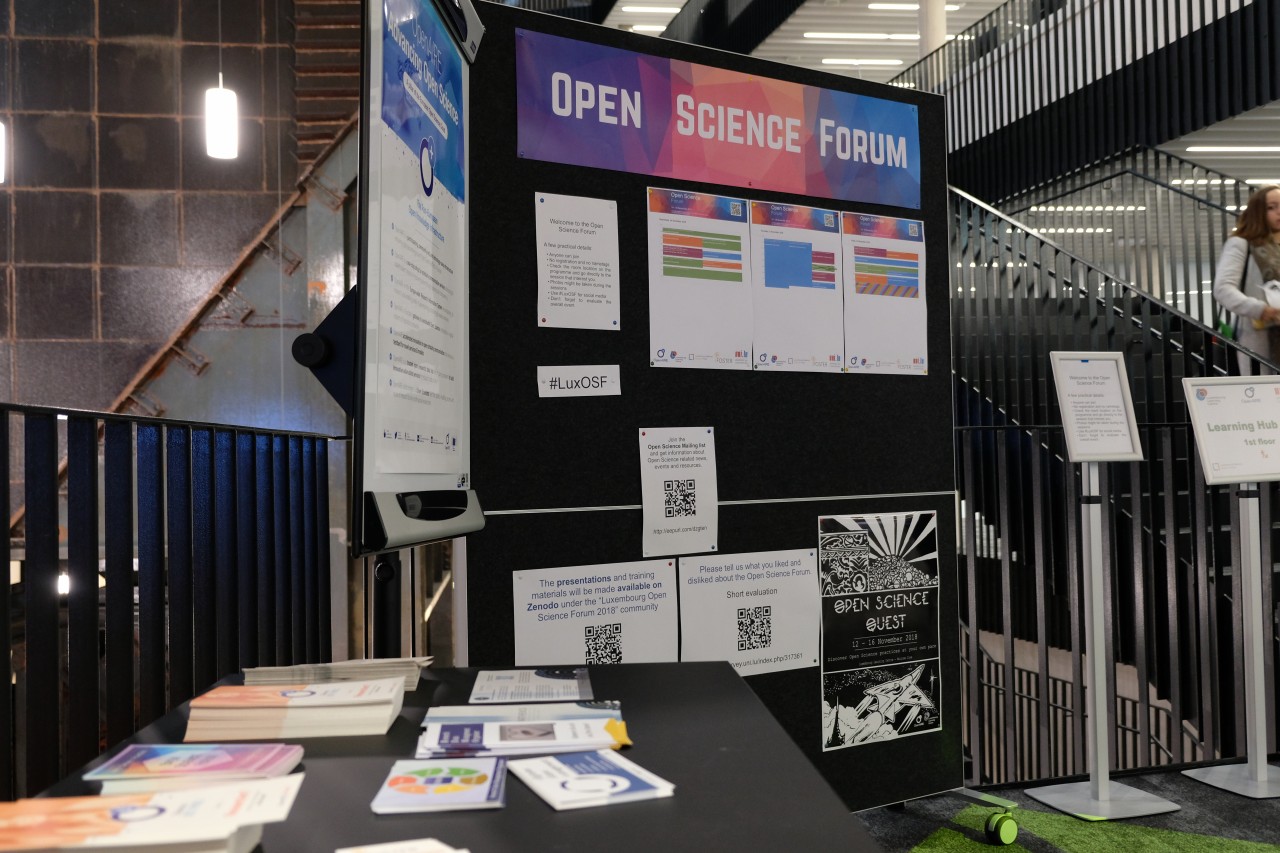
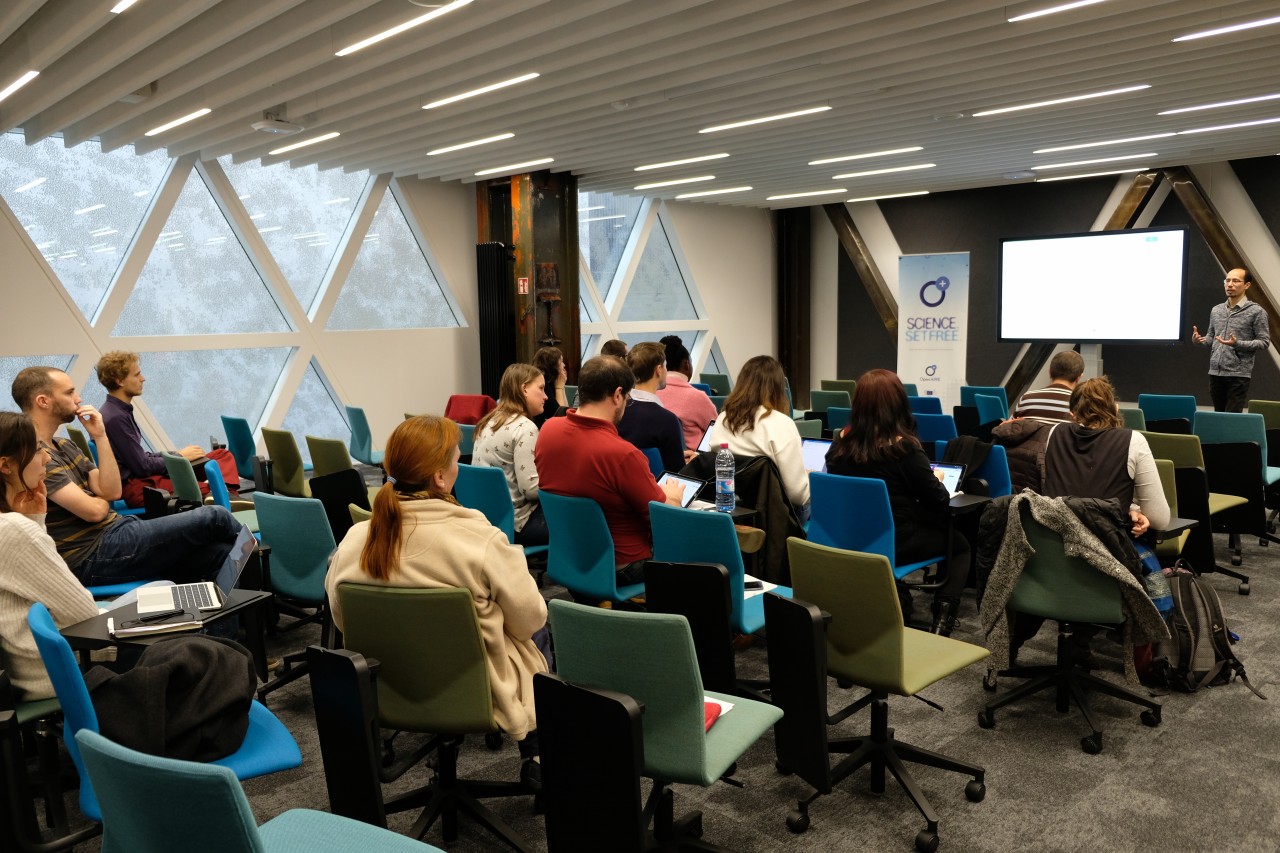
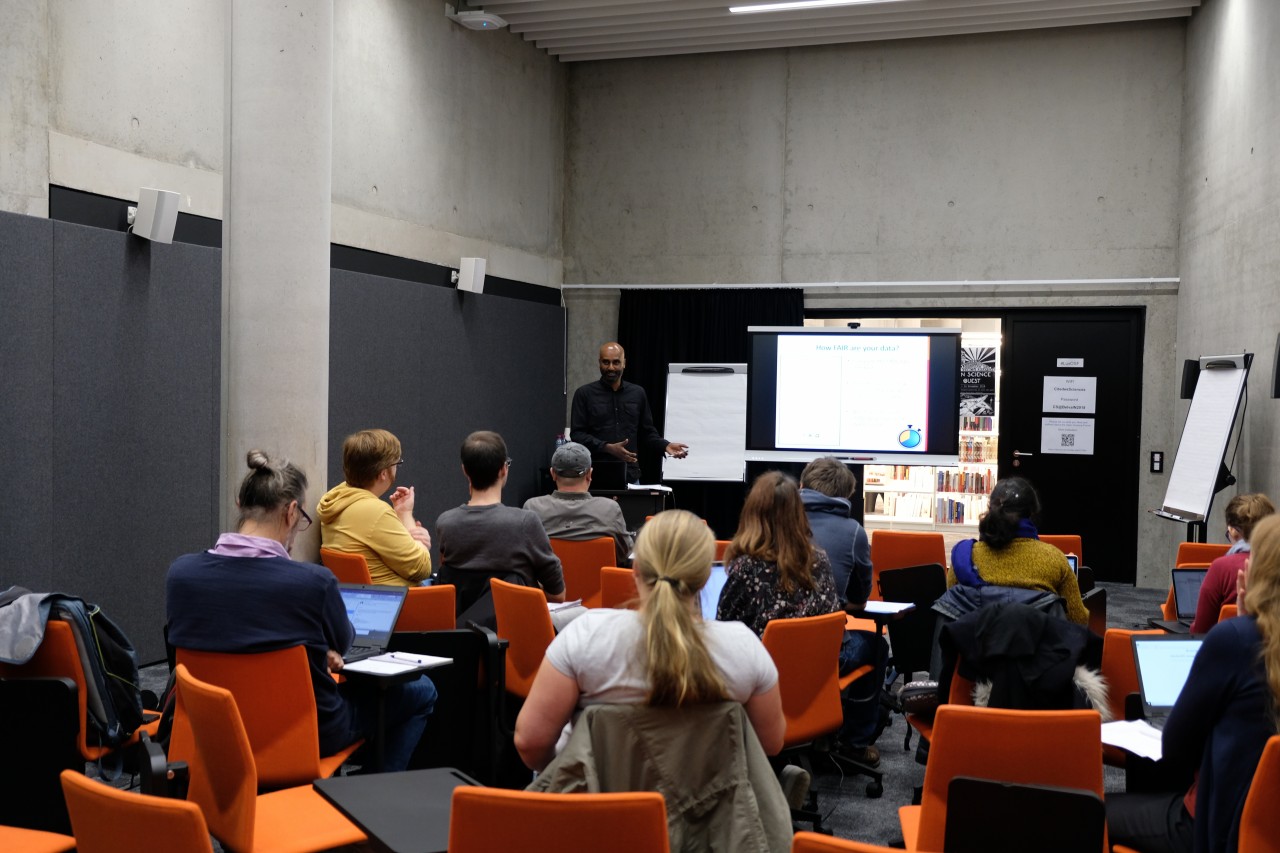
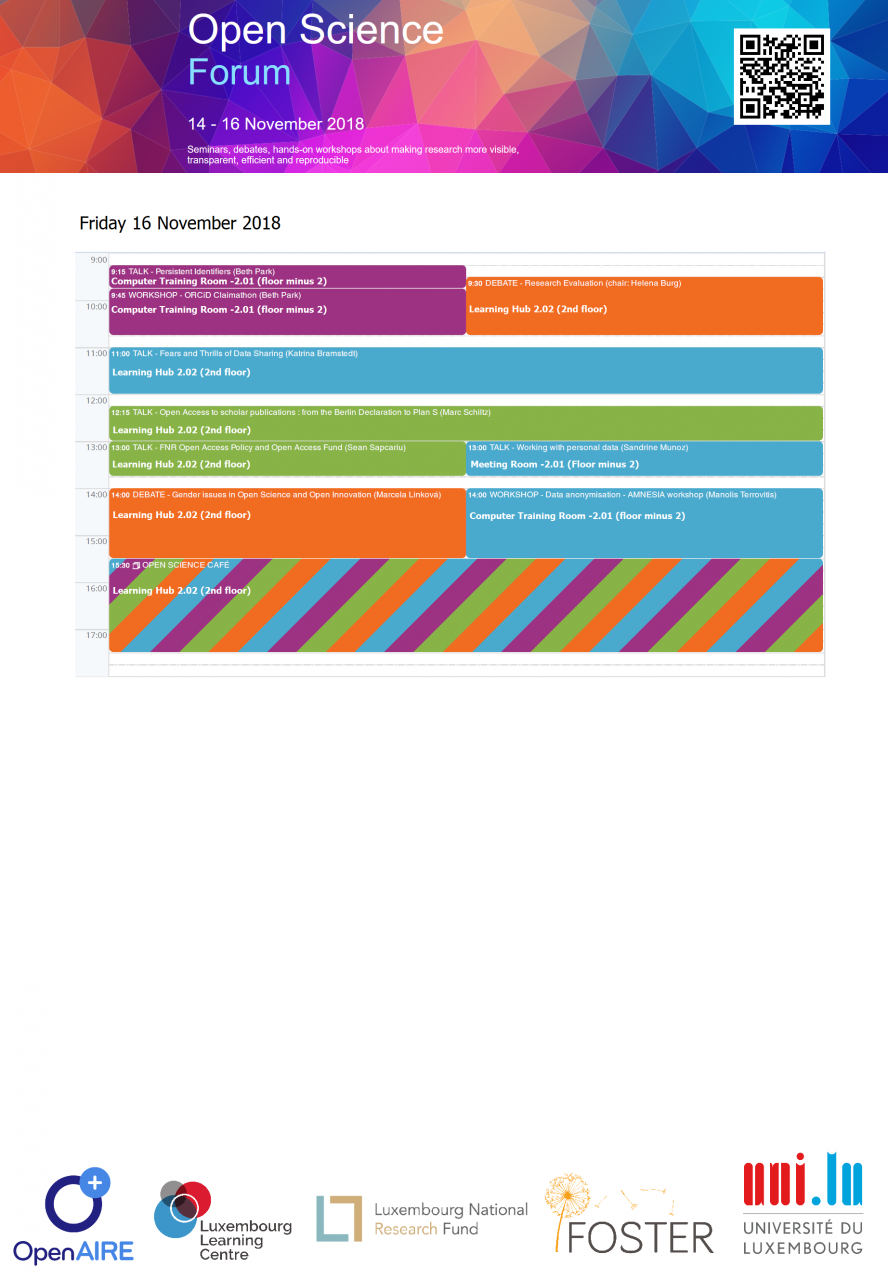
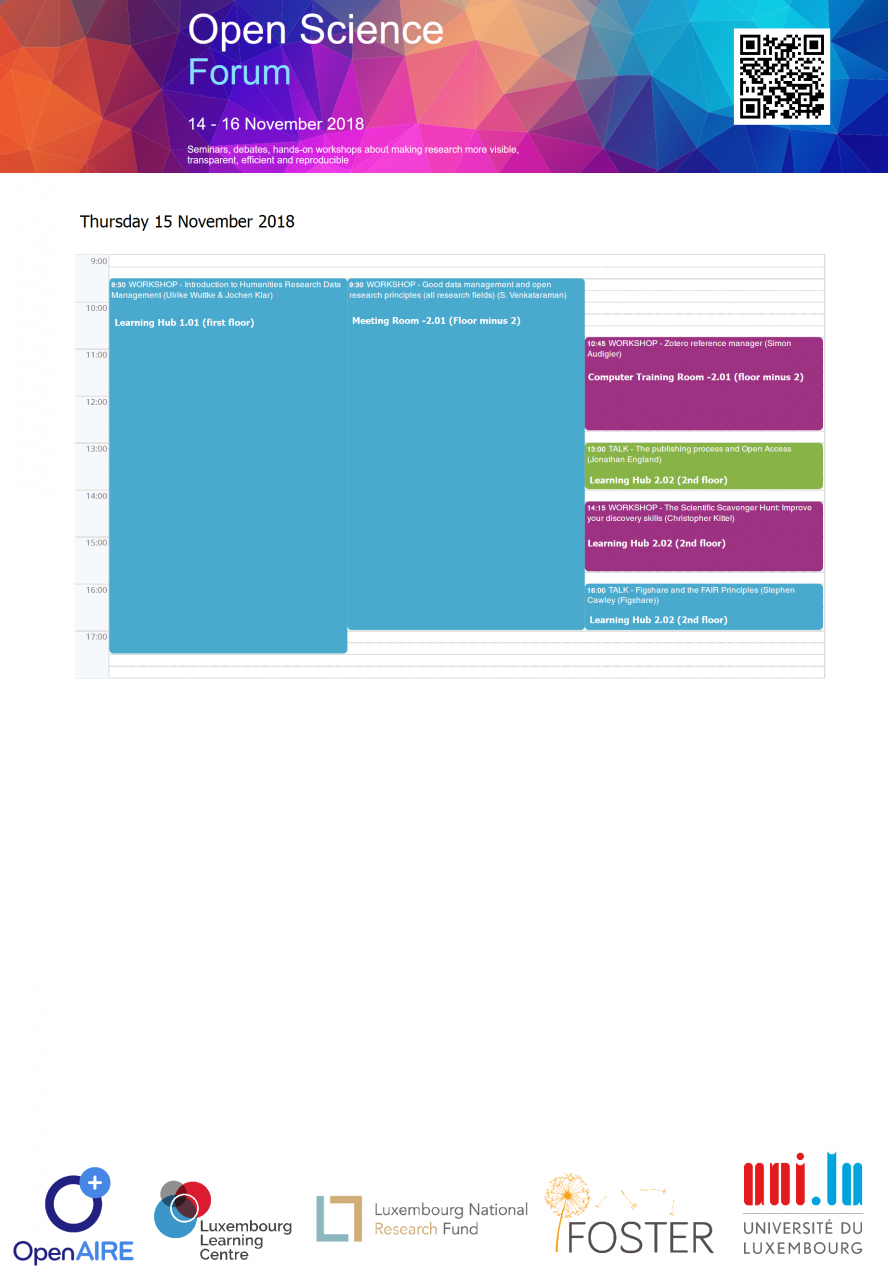
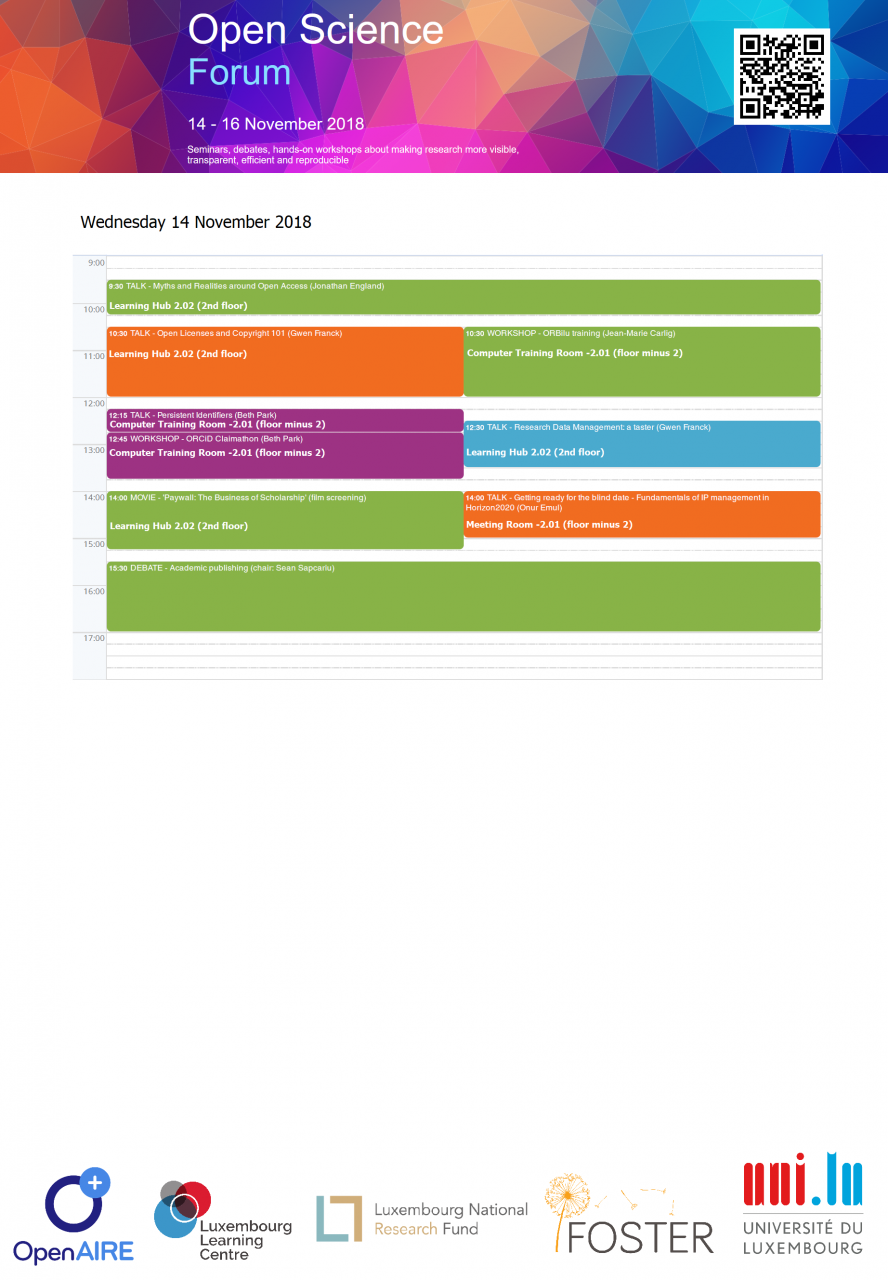
Comments